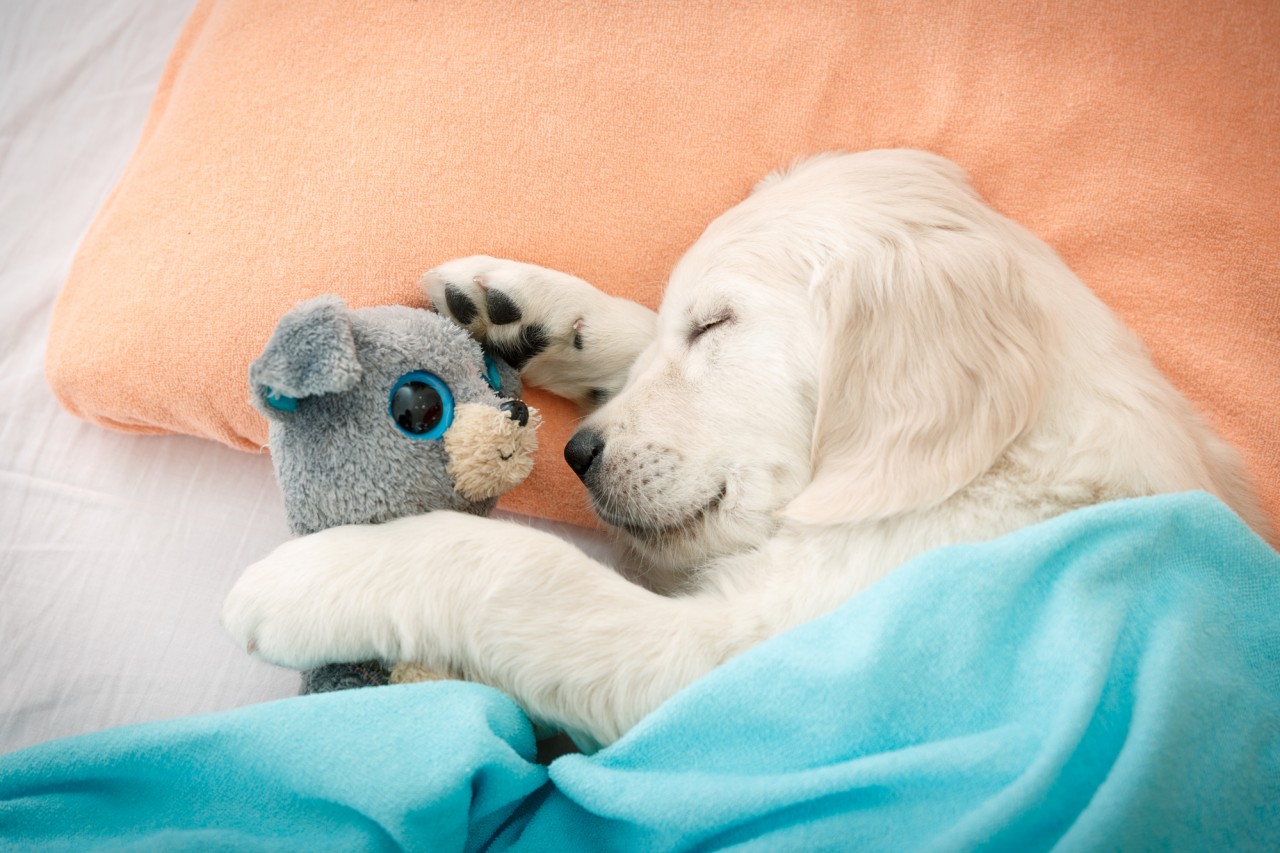Is a Tired Dog Really a Good Dog?
Today I'm tired. I had a busy weekend at a show, lots of things going on; mostly good and fun, some a bit nerve wracking. A bit of traveling, didn't sleep so well and new places are always a bit unsettling just because they are. So my batteries are flat and I feel on edge. A bit short fused, less able to control my thoughts and feelings, more prone to making mistakes and poor decisions.
My friend's 5 yr old son is acting up. She's just rung me to vent her frustration at his behaviour: he's hyper, noisy, won't settle to anything, being 'naughty' and emotionally difficult with tantrums and tears. Yesterday he was at a birthday party – very exciting and it took him long time to go to sleep. Yep, he's tired.
We've all heard it, the advice that says "run him out, a tired dog is a good dog". Well, if the dog is actually asleep then yes, he is a good dog – sleep being incompatible with hyper, pain-in-the-bum type behaviors. However, usually it doesn't work like that. Dogs that are exercised to wear them out often turn into super athletes who just require more and more exercise to wear them out!
Why should we be surprised that tired dogs aren't always good dogs?
Dogs, especially young dogs, need A LOT of rest. Far more than most people realise. Studies suggest that 16 – 18 hrs sleep is not unusual in well balanced pet dogs.
And then there are arousal hormones to consider. As we know, when we're tired, emotional control is reduced, we're frazzled, stressed, reactive. Add high arousal hormones to the mix and we have a recipe for a mess.A UK-based study found that it can take a day or more for stress/arousal hormones to dissipate. That's a LOOONG time! What causes those hormones to rise in the first place? Anything that gets the dog "aroused" whether that is something fun or something stressful. Here are a few common ones:
- High energy rough n tumble play
- Critter chasing
- Repeated ball chasing
- Scary events
- Aggressive displays (barking/lunging)
- Fence running/fighting
- Visiting new places – novelty almost always increases arousal
- Visiting exciting/scary places such as the dog park, the vet or the groomer.
- Punishment/discipline (especially if the dog cannot work out how to stop it or avoid it.)
These are everyday things that many dogs experience repeatedly and continuously. How many people exercise their dog for long periods to get them to settle in the evening? How many let the dog fence run or chase balls/bunnies to wear them out? How many dogs have repeated episodes of barking/lunging or reactivity during a normal day; on walks or watching out of a window perhaps?
So how do you get a "good" dog, not just a tired one?
Your dog might LOVE doing some of these things. That doesn't mean that they are always improving his quality of life. If your dog is one of the hyper ones, consider ways to make his life calmer.
Prevent aggressive or prey driven behaviors (barking/lunging/fence running etc.). Control access to crittering and reduce the duration of ball throwing sessions – or drop them altogether for a while. Replace highly arousing activities with things that develop calmness and require thought:- Training games such as shaping or puzzle solving.
- Food hunting games such as scatter feeding and hiding food parcels for him to sniff out round the yard.
- Food toys such as Kong toys or food balls.
- Sniff walks on a long lead.
Give your dog a 'stress holiday' of a week or two. Let those hormones dissipate. Stimulate his mind by giving him some of the things listed above. Use management such as crates, pens or barriers to prevent hyper behavior at home and encourage him to rest and relax. Go for relaxed walks in quiet places so he can pootle and sniff to his heart's content. Use a long lead if he finds the idea of chillin' a bit alien. You may be surprised to find that your hyperactive canine is much more laid back than you at first believed.
By accepting you will be accessing a service provided by a third-party external to https://www.fenzidogsportsacademy.com/
